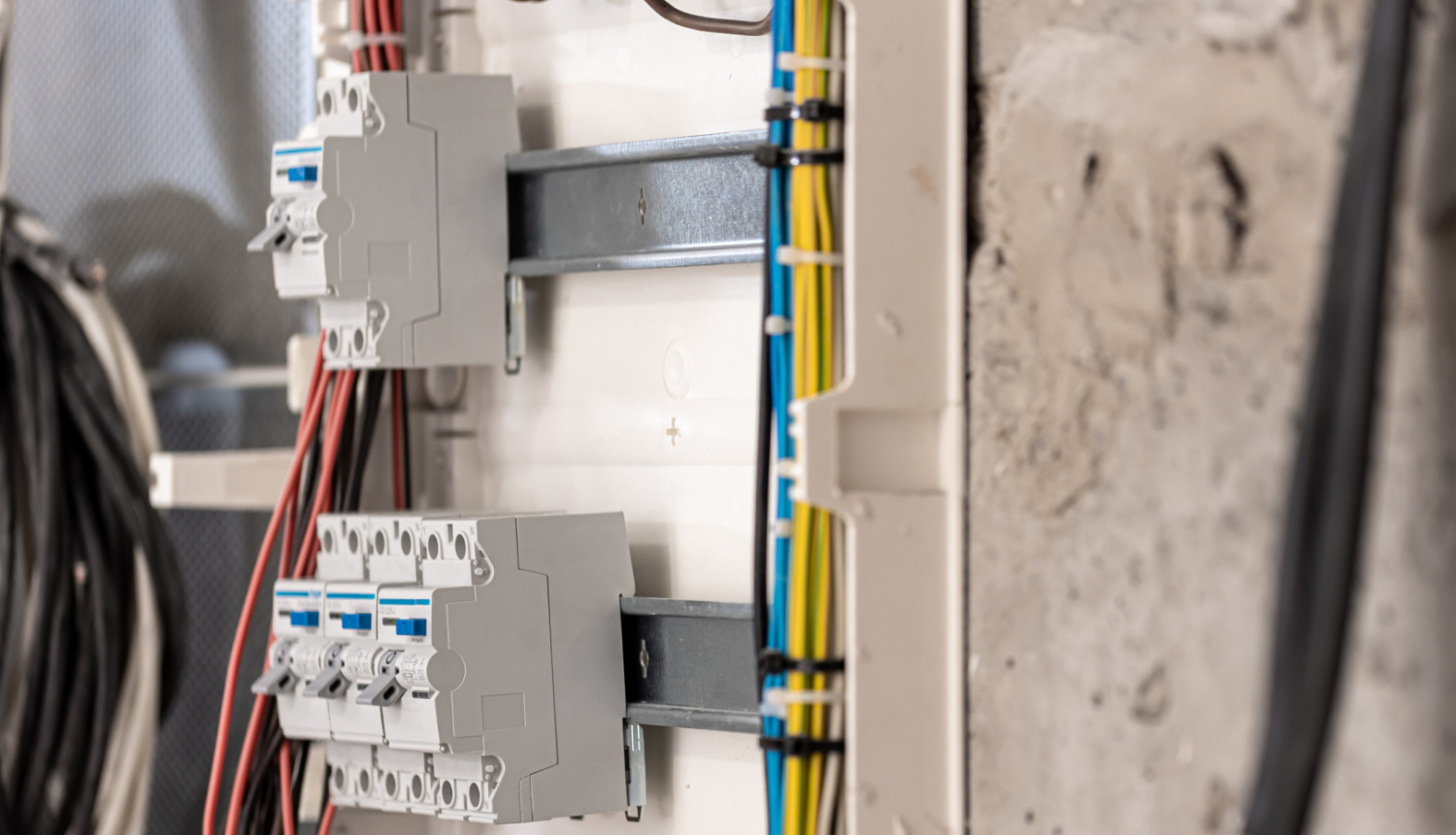Translated using ChatGPT service.
Starting from July 1, 2025, in Latvia, when constructing new buildings or carrying out electrical installation renovations in existing buildings, electrical installations will be required to be equipped with protection against electric current leakage by installing residual current devices (RCDs). This is stipulated by recent amendments to Cabinet Regulation No. 294 (regulations on the Latvian construction standard LBN 261-15 “Internal Electrical Installation of Buildings”). This measure will significantly reduce the risks of electric shocks and fire outbreaks in households.
Unfortunately, every year in Latvia, several dozen electrical injuries are recorded, caused by faulty electrical installations or equipment in homes, affecting both adults and children. For example, in 2024, 50 electrical injuries were registered, including three fatal cases. Fires caused by electric current leakage due to faulty electrical installations in residential buildings are also not uncommon.
“With these amendments to the construction standard, electrical safety in homes will be significantly improved. From now on, internal electrical networks in all new buildings must be equipped with residual current protection, and such devices will also be mandatory during electrical installation renovations, regardless of whether the installation is in a new or old building. This will reduce the risks of electrical injuries and fire outbreaks,” says Olga Feldmane, Director of the Construction Policy Department at the Ministry of Economics.
“Sometimes people mistakenly believe that circuit breakers (fuses) protect them against various cable and device faults. However, these common circuit breakers, found in every home, do not detect electric current leakage; they only respond to circuit overloads and short circuits. Therefore, a residual current device is a simple and effective way to improve electrical safety in every household. However, before installing one, the electrical installation must meet current requirements. Many residential buildings in Latvia were built during the Soviet era, and there are many apartments and private houses where the electrical installation has not been updated, is outdated, and unsafe. The requirement to install residual current devices in new buildings and during electrical renovation works is an important step towards improving electrical and fire safety in homes,” explains Artūrs Šmats, Director of the Training Center and electrical expert at AS "Sadales tīkls."
“Sadales tīkls” urges every household to pay attention to the condition of their electrical installation, and residential building managers to monitor the condition of electrical installations in common areas. According to current fire safety regulations, property owners must have electrical installations inspected by a qualified electrical specialist at least once every ten years. The specialist will perform necessary measurements and advise on required improvements. More electrical safety tips, recommendations, and information on finding qualified specialists can be found on the “Sadales tīkls” website at sadalestikls.lv.
The amendments to Cabinet Regulation No. 294 (regulations on Latvian construction standard LBN 261-15 “Internal Electrical Installation of Buildings”) were approved on June 17 this year and came into effect on July 1.



